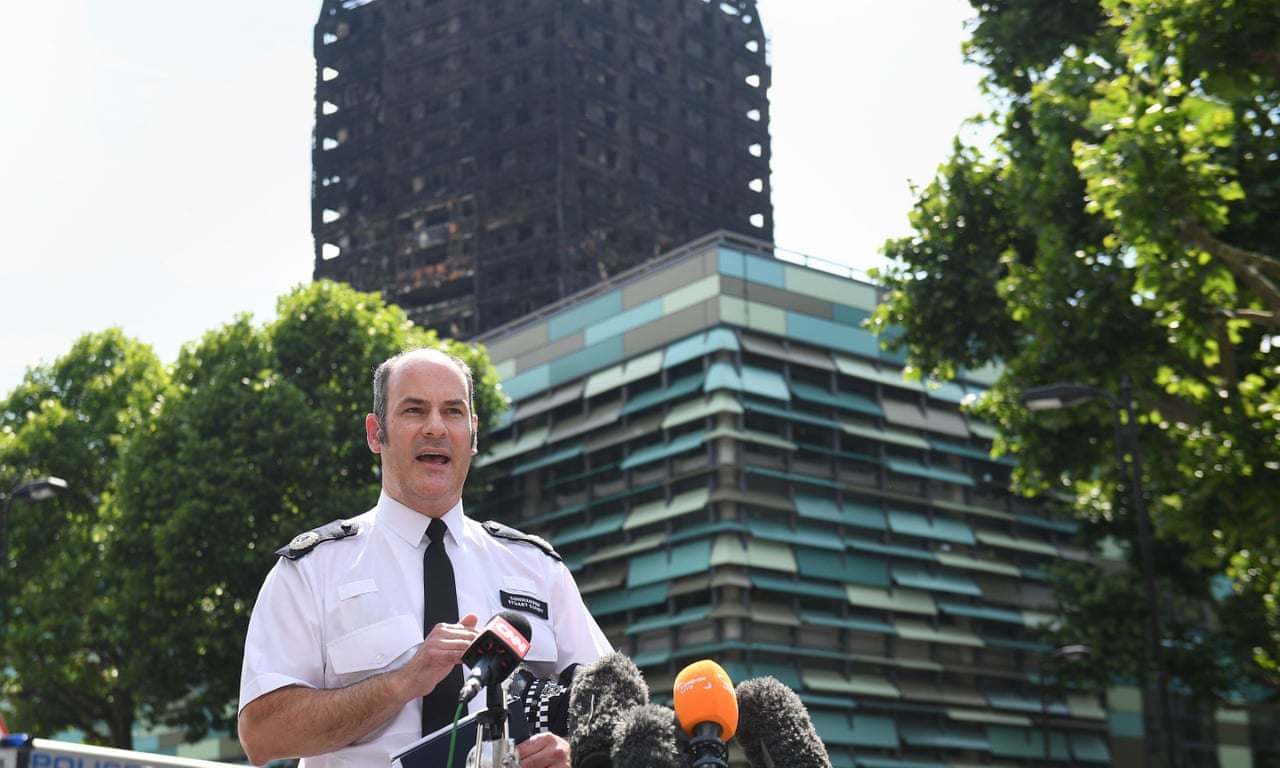The inquiry into the tragedy of the Grenfell Tower fire of June 2017 has recently been published, long-awaited by both those affected and policymakers alike. All of us hoped that the inquiry would provide some form of closure and answer the questions required to prevent such events happening in the future.
However, much of the report has focused on the response of the London Fire Brigade rather than the errors in cladding which were the much-publicised root cause of the death toll. This error threatens to woefully undermine the value of the inquiry and waste a great deal of hard and important work.
For full disclosure, I am the son of a recently retired firefighter. My father did the job at various ranks for thirty years, so it would be false to claim that I am completely impartial. However, even in my limited and second-hand knowledge of the demands of the job I can see numerous flaws in the criticism laid down in the report.
Despite taking evidence from scores of firefighters, including the London Fire Brigade Chief Commissioner Dany Cotton, the resulting report seems to have paid little attention to their evidence. Anyone following the evidence giving could not fail to be moved by the sight of watch manager Michael Dowden of North Kensington fire station cross-examined as though he were in caught by a panel comprised primarily of lawyers utterly unfamiliar with the bravery and professionalism of the Fire Service.
Sir Martin Moore Bick, head of the inquiry, claimed that lives would have been saved had Dowden ordered an evacuation ‘before 2 AM’. He gives little thought to how Dowden could have done this; sending men into the building to remove residents would be incredibly labour intensive and reduce the number able to tackle the blaze.
Further, he neglects to consider how evacuating large numbers of people through a single smoke-filled corridor would be achieved without panic and the potential for more fatalities, with elderly and disabled residents also likely to struggle to evacuate down the many flights of stairs required for the upper floors.
Secondly, the finding that evacuation should have been ordered avoids the central cause of the fatalities. Fires in tower blocks are relatively common; the reason that most are not deadly is that the Fire Brigade advise people to remain in their flats, which are supposed to be built to contain a fire within them allowing the fire brigade to isolate the incident and deal with it.
In some cases, other residents several floors from the fire could not know about it until the following day such is the effectiveness of this advice.
At Grenfell, however, the flammable cladding meant fire was able to shoot up the side of the tower and into other flats, as anyone who saw the harrowing images of the fire will recall. This was the error that led to 72 deaths.
This inquiry has callously missed the point in their search for answers. A great many people and institutions may share blame for the Grenfell tragedy; the London Fire Brigade is not one of them, and nor is Michael Dowden.
Image Credit: The Guardian

